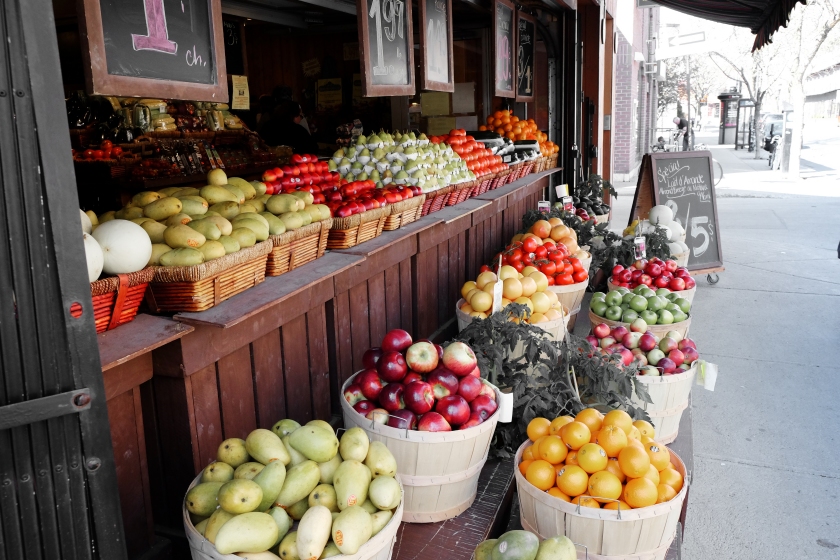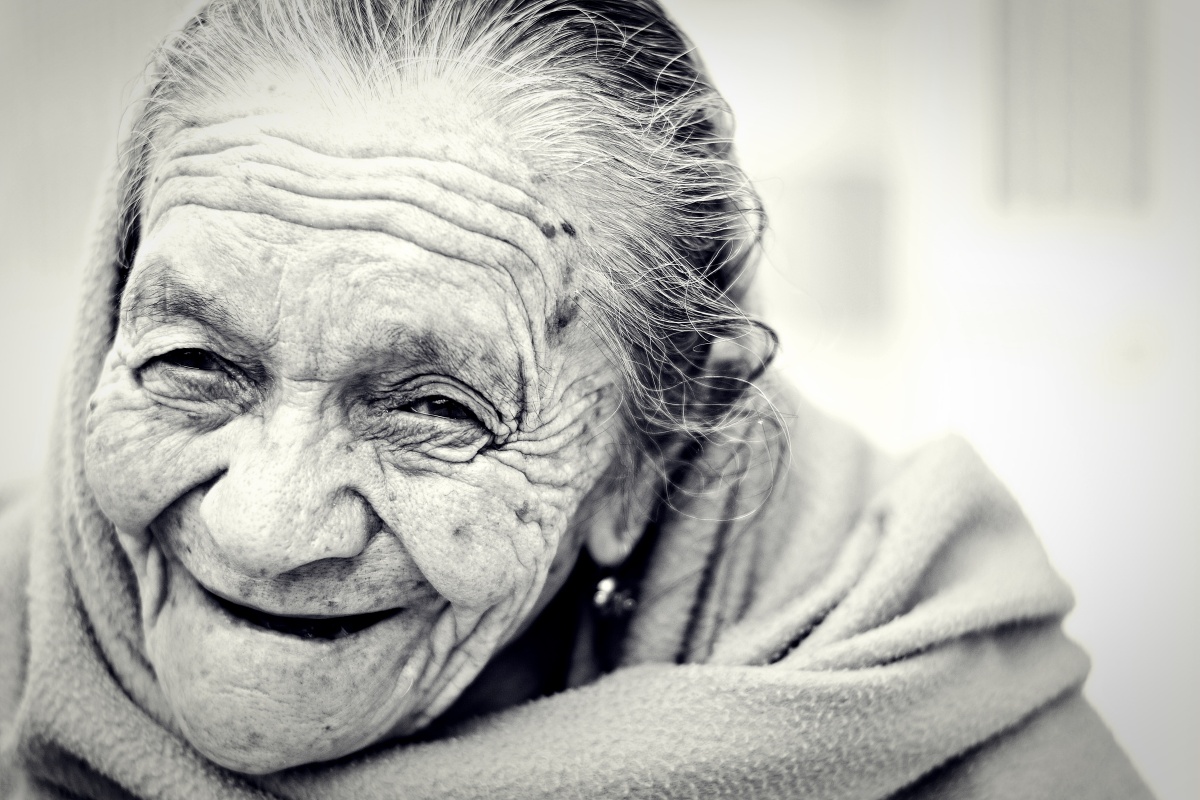Elderly seniors need more empathic attention and love when they:
– have a disability or poor health
– are living with mental health issues
– are dependent on caring relationships
– are isolated and/or without personal supports
– have a past history of violence or conflict within the family
-have confusion or memory loss/ symptoms of cognitive impairment.
– Persons from Culturally and Linguistically Diverse backgrounds
Today our Elderly desire dignity and respect from family members, friends and the community. It is an important distinction that the design of housing, services and activities should truly be more client-centered. This way, seniors would be able to socialize and associate with others more freely, and to support each other. Being socially connected would also help lessen the caregiver burden for family members.

Personal experiences
Seniors feel respected only sometimes, and this is heartbreaking to see happening.
The community at large needs to be more educated about how to respect the elderly as a valuable source of living history.
My mother has the desire to travel, however her physical and mental abilities are not strong enough for her to make any trips by herself. My big challenge is to tell her no. Two weeks ago we went to Cuba, where I was entirely at her service with no moments to myself. A minute to myself translated into an insecure and unhappy mother.
Traditional elderly care has been the responsibility of family members and extended family, though due to decreasing family sizes in North America, an alternative for elder care at home is residential care.
Most elders would prefer to continue to live in their home, and many elderly people gradually lose functional ability and require either additional assistance in the home or a move to an eldercare facility.
Our conscious awareness of seniors in our neighborhoods and within organizations helps to respect their rights. It is meaningful to facilitate Community Participation Groups for older people across genders, socio-economic, religious and cultural boundaries.
-Katayoun Shirzad, Family Caregiver and Counsellor.
In Persian:
حرمت و احترام به عزت
توجه عاطفي به سالمندان به ويژه سالمنداني كه مشكلات روحي و ناتواني جسمي دارند از اهميت ويژه اي در جامعه برخوردار است. سالمنداني كه دچار فراموشي شده اند و مورد بد رفتاري ديگر اعضاي خانواده قرار گرفته اند بايد در الويت قرار گيرند . محدوديتها و نگرش متفاوت فرهنگي بر نحوه مراقبت از سالمندان بسيار اثر گذار خواهد بود.
براي مثال مادر من عاشق تنوع و مسافرت مي باشد . او را با خود به كوبا بردم و تمام توجه من براي دو هفته كاملا به او بود. لحظه كوتاهي مراقبت از خودم از او مادري عصباني و غمگين ساخت!
مسئوليت مراقبت از سالمندان به شكل سنتي به عهده اعضاي أوليه خانواده حتي اقوام دورتر مي باشد.براي رسيدگي بهتر از سالمندان در امريكاي شمالي بهتر است از انها در خانه هاي سالمنداني كه از إمكانات خوب پزشكي و مراقبتي دارند نگهداري شود در حالي كه انها تر جيح مي دهند در خانه هاي خود بمانند.توجه بالنده و پيشرو جامعه و أفراد ان باعث مي شود كه مراقبت اين عزيزان مطابق حقوق انساني و شان سالمندي انها به بهترين نحو ممكن آرائه بشود.

 Drinks
Drinks



 It is Family Day in BC! A statutory holiday where families are encouraged to spend quality time together. For caregivers who are caring for a loved one, this can be an opportunity to help foster connection with other members of the family.
It is Family Day in BC! A statutory holiday where families are encouraged to spend quality time together. For caregivers who are caring for a loved one, this can be an opportunity to help foster connection with other members of the family. 
 Creative expression can be a helpful tool for self-care, as it facilitates the expression of our innermost thoughts, feelings, and reflections. The creative process is about letting go of self-judgement and exploring the process with curiosity. These are useful skills for when we cope with the challenges of caregiving.
Creative expression can be a helpful tool for self-care, as it facilitates the expression of our innermost thoughts, feelings, and reflections. The creative process is about letting go of self-judgement and exploring the process with curiosity. These are useful skills for when we cope with the challenges of caregiving.
